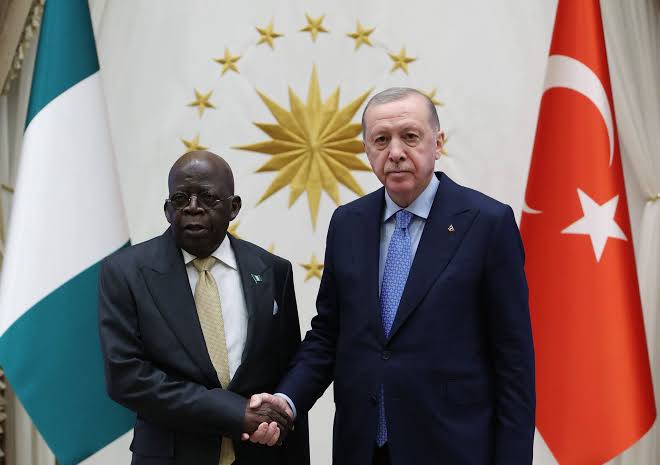The World Bank lowered its economic outlook on Tuesday as a result of a “perilous” near-recession experience.
In contrast to the 3% growth it forecast in June, the BBC now projects that the global economy will expand by just 1.7% this year.
The pandemic’s effects and Russia’s invasion of Ukraine are two things that the report holds responsible for a number of things.
As the main obstacle for policymakers to overcome, the implications of increasing interest rates are singled out.
The decline would be “broad-based,” according to World Bank President David Malpass, and the increase in people’s incomes would probably “be slower than it was during the decade before COVID-19” in practically every region of the world.
“Over the past two decades, slowdowns of this scale have foreshadowed a global recession,” the bank warned, adding that it anticipated “a sharp, long-lasting slowdown.”
Except for the recessions of 2009 and 2020, which were brought on by the global financial crisis and the Covid epidemic, the 1.7% growth rate would be the lowest since 1991.
According to the World Bank, the three regions with the most influence on global economic growth—the US, the Eurozone, and China—are all facing a period of severe weakness, which is making matters worse for less developed nations.
The world’s richest economies are expected to have a steep decline in growth from 2.5 percent in 2022 to just 0.5 percent this year, following a jump of 5.3% in post-pandemic 2021.
“Over the past two decades, slowdowns of this scale have foreshadowed a global recession,” the bank warned, adding that it anticipated “a sharp, long-lasting slowdown.”
The occurrence of a worldwide recession would mark the first instance since the 1930s when there were two such downturns in the same decade.
One of the key causes of the faltering global economy is higher inflation. As a result of decreased grain supplies brought on by the war in Ukraine and the West’s migration away from Russian fossil fuels, global food and energy prices increased last year.
The World Bank predicted that as these pressures abate, the rate of price increases will globally decline from 7.6% in 2022 to 5.2% this year.









